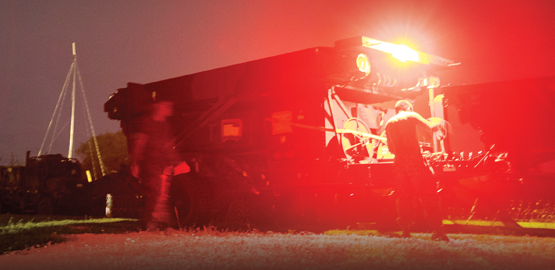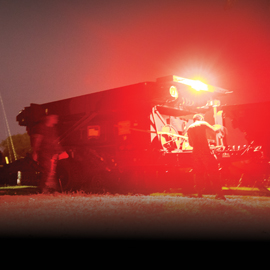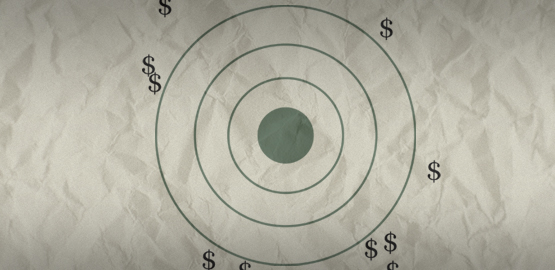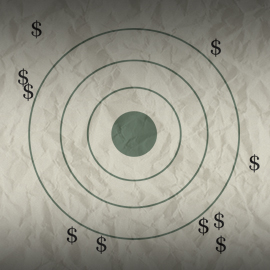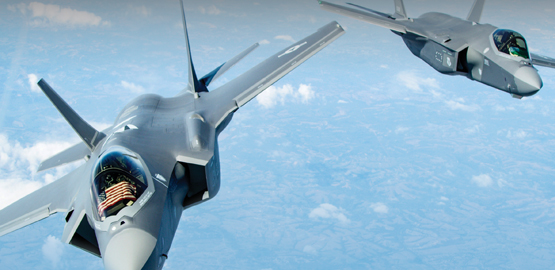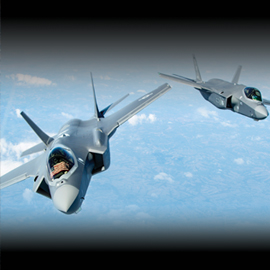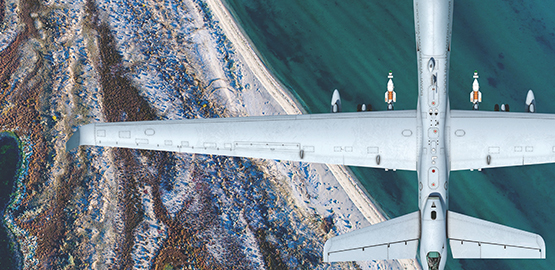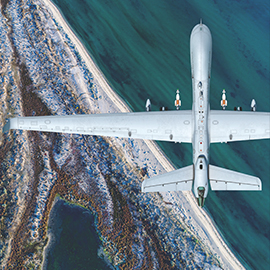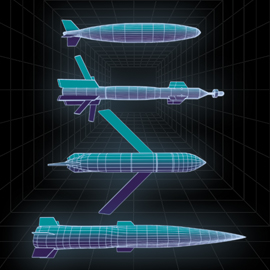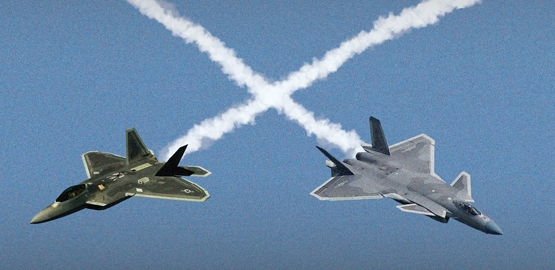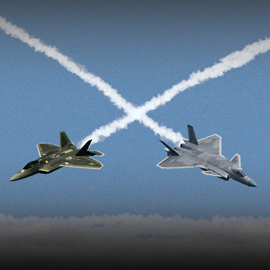News
Automatic Cuts Could Drive Smaller Defense-Industry Firms Out of Business
The prospect of $600 billion in automatic defense cuts could drive an increasing number of smaller defense firms out of the industry — or out of business altogether. A rise in defense firms merging, moving into commercial industries and going out of business are all likely scenarios, industry groups and budget analysts say.
Cutting Retiree Benefits A Sore Subject For Military
Military retiree benefits cost the Pentagon $50 billion a year. That's more than next year's entire budget for the Department of Homeland Security. There are 1.9 million military retirees drawing pay and benefits, compared to 1.5 million in the active duty force. In 2010, then-Defense Secretary Robert Gates said those costs are "eating the Defense Department alive."
Canada Warily Eyes Defense Budget
The severe defense spending cuts triggered by the failure of the deficit-reduction supercommittee have U.S. allies worried about the fallout.
DEFENSE: Fuel Costs in Spotlight as Military Faces Steep Budget Cuts
With the congressional supercommittee's failure to reach a deficit deal likely triggering roughly $1 trillion in defense spending cuts over the next decade, the battle is beginning over what exactly to put on the chopping block.
Air Force Seeks Allies Support As Budget Crunch Looms
The Air Force is turning to its allies for help as it looks to maintain a viable global presence in the face of coming budget cuts, a top Air Force general said today/…/ Closer ties with allied air forces will let the Air Force maintain -- or in some cases expand -- its global presence without dedicating men or materiel. In return, partner nations can take advantage of training and equipment via Foreign Military Sales from the United States.
Update U.S. Nukes Or Face Consequences, Experts Warn
The U.S. Air Force must modernize its aging arsenal of B-61 and B-83 thermonuclear freefall bombs if the nation is to maintain its deterrence, especially against emerging atomic powers, service officials said. But the weapons are funded partly by the Department of Energy and partly by the Pentagon, which has complicated modernization efforts. Testifying before the House Armed Services Committee on Nov. 2, Air Force Chief of Staff Gen. Norton Schwartz made an appeal for that panel to ask the Department of Energy to modernize the B-61 bomb, which makes up the preponderance of the U.S. aircraft-dropped tactical nuclear arsenal.






